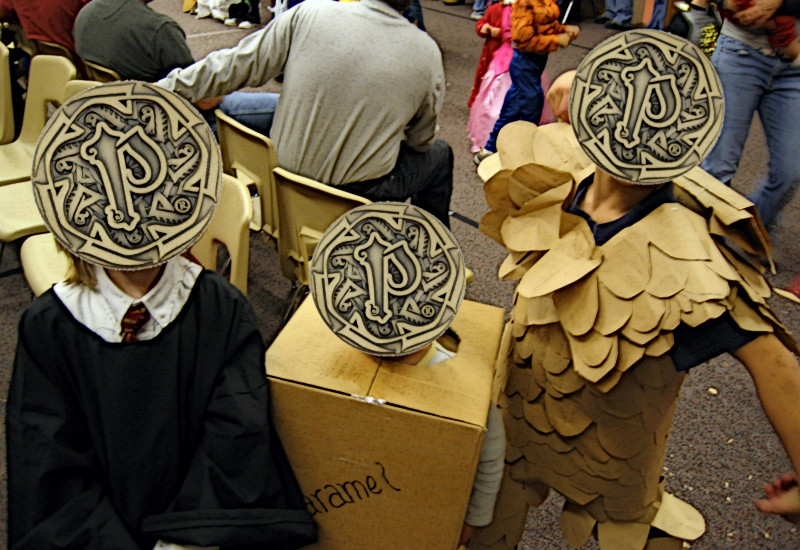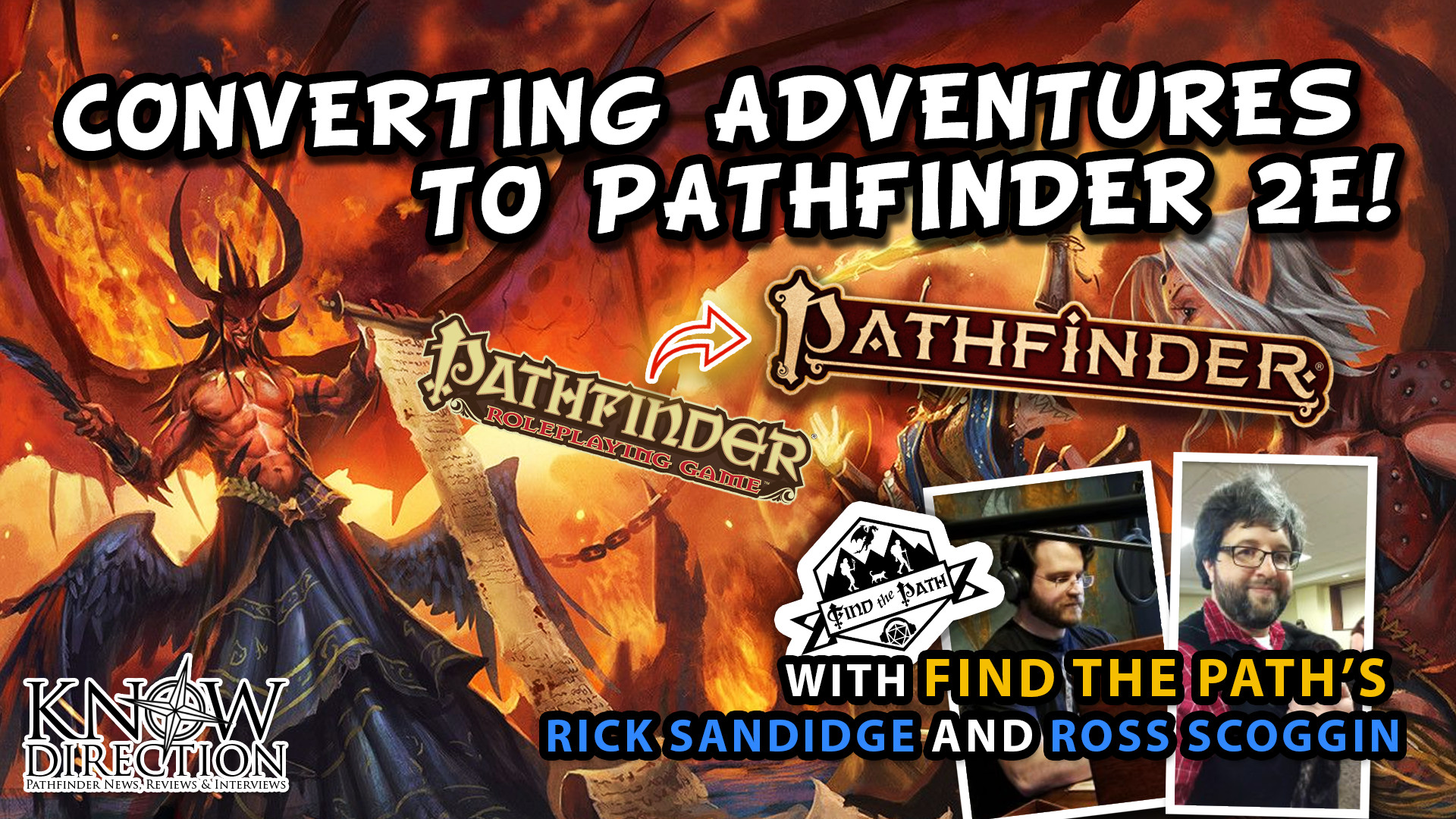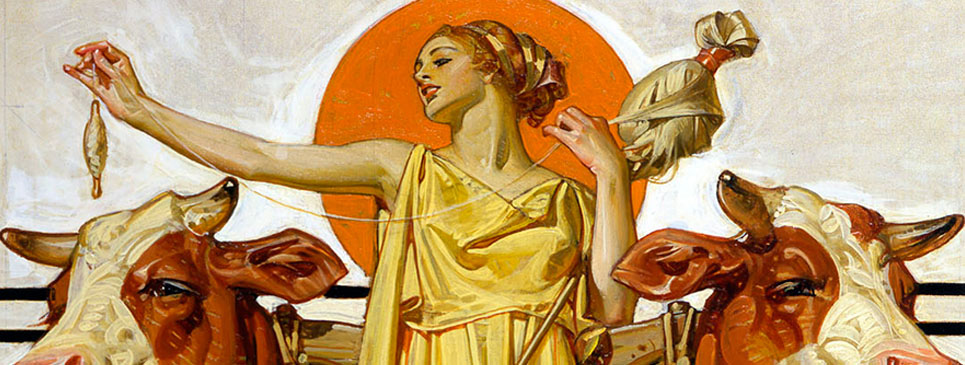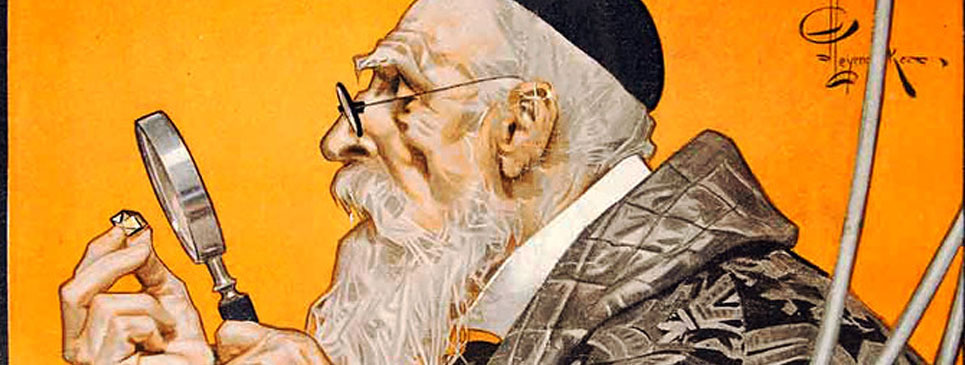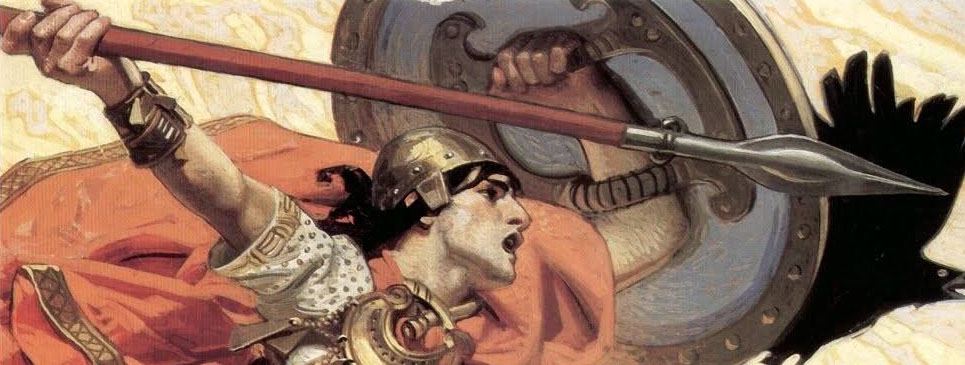Welcome back to Phantasmal Killer, a blog delving into weird and fun game mechanics and how you can take advantage of them to bring new ideas to life at your tabletop.
Typically the incomparable Crystal Frasier looks at using a game system in unexpected ways to create unique or bizarre challenges for pummeling your players. Today, I’m doing my best to fill in her stylish shoes.
When You Learned Everything You Need To Know
Do you know why kindergarten is the most fun class you took? Because accomplishing basic, necessary tasks resulted in positive reinforcement. Compliments for cleaning up after yourself. Your name moving up a Velcro chart for finishing your work. Stickers for trying. Kindergarten is like 6 hours a day of unlocking achievements for beating the level.
As you graduate through the grades, rewards reduce in frequency or increase in prerequisites. By adulthood, cynics dismiss positive reinforcement as participation trophies. No one gives adults stickers for trying. You’re lucky if you get a sticker for succeeding!
Tabletop RPGs reflect this in many ways. Even though real life failure provides valuable insight, RPGs mostly only reward XP for success. You don’t get XP for showing up! But in Pathfinder 2e, and other games with a similar secondary reward, you do get a Hero Point.
From the Pathfinder Second Edition Core Rulebook:
“Usually, each character gets 1 Hero Point at the start of a session and can gain more later by performing heroic deeds—something selfless, daring, or beyond normal expectations.”
Ignore the “usually,” I don’t know a single GM who denies players a free Hero Point at the start of the session.
Think about how interesting that is. The Core Rulebook suggests two ways to earn a Hero Point:
- Doing something extraordinary;
- Attendance.
Even the name Hero Points suggests only the most adventurous, intrepid, stellar, and valiant of heroes deserves this most valuable resource. Them, and absolutely everyone.
Hero Points playing the role of both participation trophy and rare reward lines up with the role stickers play to kinders. With that in mind, I present alternate ideas for rewarding Hero Points straight out of kindergarten.
Chore Chart
Kindergarten teachers save themselves having to clean up after twenty 5-year-olds by turning cleaning into a task and game. A Chore Chart lists the daily responsibilities that need to be done in order for the class to run. By dividing the large task up into smaller tasks, assigning those tasks to the various students, and rotating the task assignment in a fair and consistent manner, every task is accomplished and no one is saddled with the worst ones.
Like a classroom, a game night does not happen automatically. Most tasks fall on the GM’s lap. And while some tasks can’t be delegated, many can. Setting up the session’s Zoom meeting. Sending out reminders of the date. Scheduling the next session. Cleaning up a physical game space. Booking the time at a game store or library. Snacks. Managing the chore chart. Every group may have different needs, but the needs within a single group are usually consistent.
By sharing the GM’s less glamourous responsibilities, and more importantly, rotating those responsibilities, players can earn Hero Points. Because anyone who helps make the session happen is a hero in their GM’s eyes.
Friend of the Day Nomination
Was anyone an especially good friend today?
The friend of the day nomination spotlights those who go out of their way to help someone else. Did one player drive another player to the session? Did someone take the time to teach a Roll20 tutorial? Or host a miniatures painting party and let everyone use their paints and brushes? Was there a real big spider on the basement stairs that someone took care of? Was someone especially funny at appropriate times, making the session more memorable?
Some Kindergarten teachers leave a mailbox and some pencils and papers by the classroom door. At the beginning of class, the teacher reads a nomination a classmate left for the student of the day. The nominated student gets a certificate commemorating when they did something special for someone.
Here’s the trick: It’s rigged. The teacher keeps a list of which students have been student of the day so that everyone gets a turn. If the teacher spots a student being generous, they might suggest that the student who benefited from the generosity return the favour with a nomination. And if the teachers spies a student having a bad day, they might forge -yes forge!- a nomination under vague pretenses just to give that kid a win.
Before a session, a GM holds up a Hero Point that’s up for grabs. No one can ask for it for themselves, but anyone can suggest another player who deserves to start this session with an edge. The GM can be the judge, or the players can be the jury. As long as no one can vote for themselves.
Personal Goals
Personal goal charts combine two positive influences of accomplishment:
- Support of friends
- Breaking a goal down into smaller steps.
Writers trying to get published or meet deadlines can set a personal goal of writing a certain word count between sessions. Players worried about their weight or trying to get into shape can set goals like starting the session doing more push-ups than the session before. Someone trying to save money pledges to take $20 out of their month’s budget every session and add it to a saving’s account, or considers bringing a home made meal to the session instead of going to a restaurant a win.
Whenever a player accomplishes the goal they set for themselves that week, the GM rewards them with a Hero Point.
Ryan Costello is the Director of Operations at the Know Direction Network, co-hosts the Know Direction podcast, and plays Xavier Saveur in the War For the Crown actual play podcast, Adventurous. He normally hates to talk about it, but he was a teacher for several years, worked with elementary children for over a decade, and has a few kids of his own. He’s played and GMed RPGs for even longer than that, so he understands and exploits the overlap of children and his players all in the name of fun at the table.

